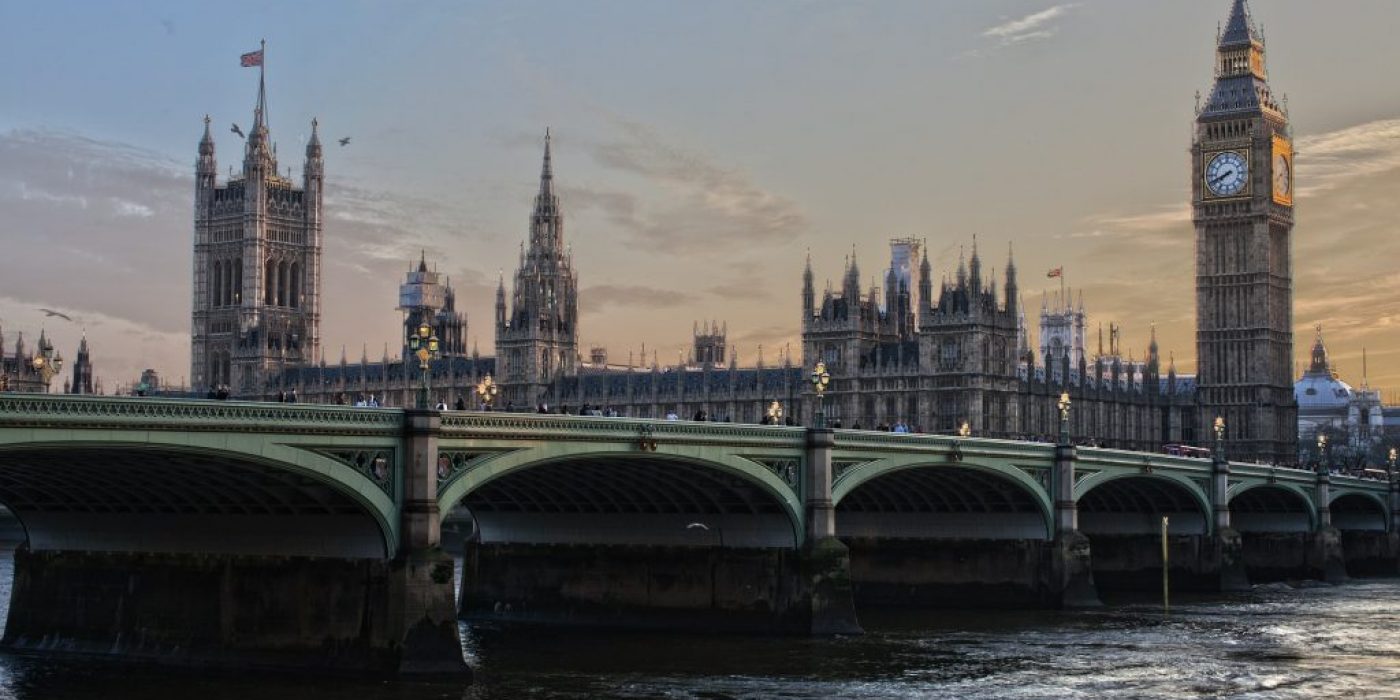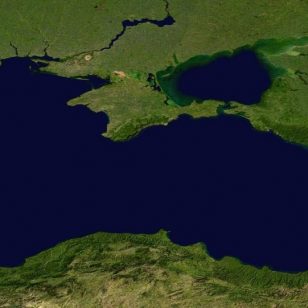In a world where news on the economy is changing spirits in minutes, there are always a few ‘events’ that shape longer trends each week:
EU budget-talks diplomacy
Last week, Danish Prime Minister Thorning-Schmidt threatened to veto any EU budget that does not deliver at least DKr1bn in rebates to Copenhagen. To UK Prime Minister David Cameron this served as a new opportunity to reiterate a threat (initially made on Oct. 8) to veto any budget deal seen as detrimental to British taxpayers. While the sensitiveness about rebates is inflamed due to economic crisis, Cameron also fights to contain the rising anti-EU feeling at home – even internally, in his own party (as well explains the FT.com). The country discusses a referendum on EU membership ever since 2011 and while it seems there is a growing demand for it to be held, Cameron said that the discussion on the issue should be postponed until after 2015 – not to upset more the markets. In the meantime, the UK may well take advantage of the Eurozone crisis – as it currently tries to with the rebate talks. As Brussels is considering a few important institutional reforms, including the banking union and the financial transaction tax and even a potential revisit of the Lisbon Treaty itself, UK is seeing only opportunities in all the changes. As it has done before, the UK will likely ask for (and get) opt-out clauses and special concessions or be sidelined as certain EU countries integrate through the enhanced cooperation mechanism. The UK uses the negotiation on the budget as well as negotiation on other EU institutional reforms to “reclaim at least some sovereign powers from Brussels” as it seeks to redefine its role on the European continent which it cannot escape, no matter how close its ties with the US (as well argues Stratfor.com). Overall, as the UK distances itself from Europe a big fear, namely the formation of a stronger continental block challenging the UK and in which London has no control anymore, remains. London likely hopes that a constant battle between Paris and Berlin will ensure that such a block doesn’t form. But… Who would care most if the UK plays a weaker role in Europe and what avenues would London chose to obstruct the doings of Paris and Berlin if it would lose the EU as a tool?
The energetic elections in Ukraine
With elections during the weekend, Ukrainian President Viktor Yanukovich is likely to stay in power. Next on Kiev’s agenda are energy negotiations with Russia. And therefore, due to Ukraine’s geographic position, all eyes in Europe are focused on what’s happening during this round. Even if Yanukovich will have more room for maneuver to strike a natural gas deal, he will still be cautious for 2 reasons. First, previous deals with Moscow have left Ukraine in a worse position than before: the 2009 agreement set extremely high prices for natural gas, while the 2010 revision only temporarily reduced prices due to the continued indexation to oil. Second, Ukraine has been pursuing energy diversification projects in order to delay an agreement and build leverage with Russia. This includes deals for shale exploration with Western energy majors like Chevron, and a multi-billion dollar agreement with China to build coal gasification plants in Ukraine. Therefore, while Yanukovich will be given a freer hand to deal with Moscow, he will still pursue options that could delay and build Ukraine’s leverage in the process. Is the negotiation between Ukraine and Russia likely to get attention from the core EU members considering that now they’ve got their own problems to solve?



